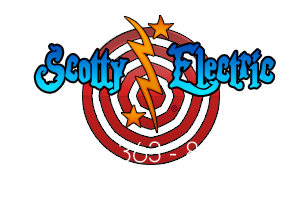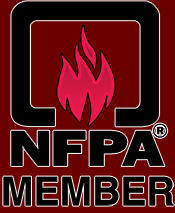home >> about us >> home tips
Safety and Power Saving Tips for the Household.
Maintenance and Prevention
- Look for burn marks in your electrical panel – they can be a sign of arcing inside the panel, which can easily lead to a fire. Loose connections or damaged insulation can cause arcing. Note: Only a licensed and qualified electrician should remove the front panel cover.
- Trip and reset the circuit breakers regularly – including GFCI circuit breakers.
- Verify that all circuits in the electrical panel are correctly labeled. The National Electrical Code (NEC) requires that each time a circuit within a panel is revised that work must be reflected in the panel’s circuit directory.
- Check all electrical outlets for loose-fitting plugs. They are an indication of a worn out receptacle. Worn receptacles should be replaced as they can cause overheating and fires. Also check electrical outlets and switches to be sure they work properly. If any switches, outlets or receptacles are worn or do not work, have a licensed and qualified electrician determine the problem and fix it to avoid fires inside the walls of your home.
- Install safety covers to help protect children from electrical shock. Any appliance or tool that gives even the slightest shock should be unplugged and checked by a licensed and qualified electrician or repair shop.
- Make sure the light bulbs installed in all of your lighting fixtures are the correct wattage. The light fixture manufacturer recommends the correct wattage. If too high of a wattage bulb is used in a light fixture, heat produced inside the fixture can lead to fire inside the fixture, ceiling or wall.
- Replace all extension cords that have become brittle , worn or damaged. Exposed wires can cause arcing, which will produce heat and can start a fire.
- Test all ground fault circuit interrupter (GFCI) receptacles. These should be tripped and reset once a month. If they do not trip or reset, have a licensed and qualified electrician replace the receptacle.
- Check to be sure the correct fuses are installed in your fuse panel. If your house is old enough to still have a fuse panel, be sure the correct fuse is installed for the branch circuit wire size. If too large of a fuse is installed it could cause overloading of the wiring and thereby lead to heat and a potential fire. If unsure, ask a licensed and qualified electrician to inspect the fuses in the electrical panel.
- Inspect and clean dust and debris from the covers of your smoke and carbon monoxide alarms.
- Replace the batteries in your smoke and carbon monoxide alarms twice a year.
- Clean the clothes dryer exhaust duct, damper and space under the dryer. Poor maintenance allows lint to build up in the exhaust duct and could lead to a fire.
Check your electrical system:






